With a novel combination of a tracking unit and a communication platform, Jade University aims to make it easier to locate containers lost at sea in future.
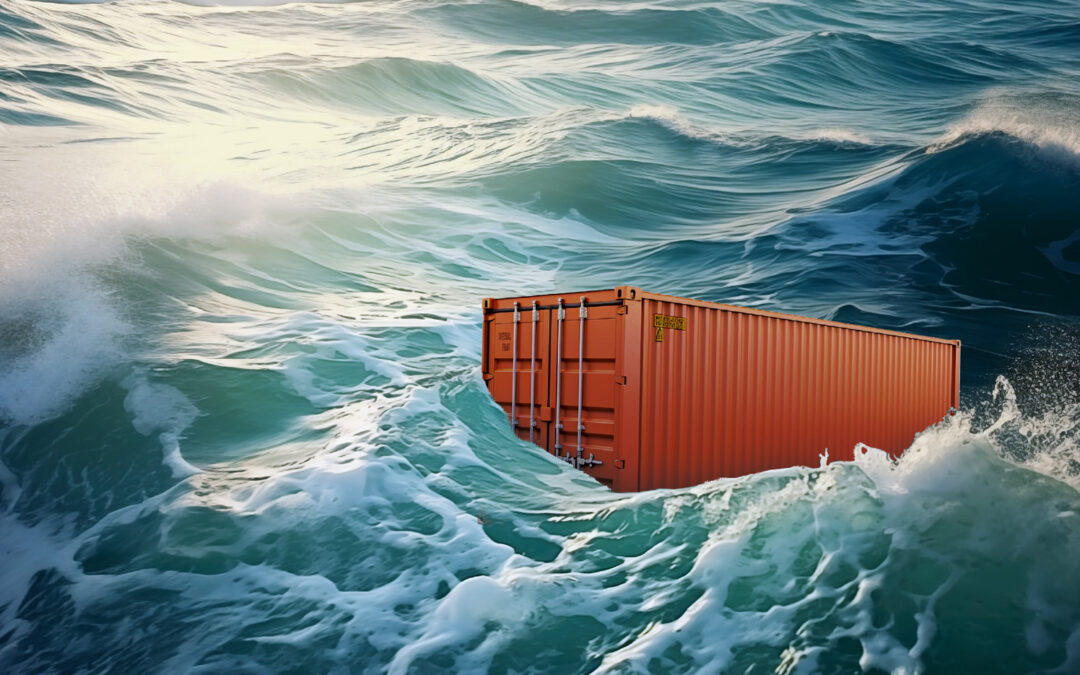

With a novel combination of a tracking unit and a communication platform, Jade University aims to make it easier to locate containers lost at sea in future.
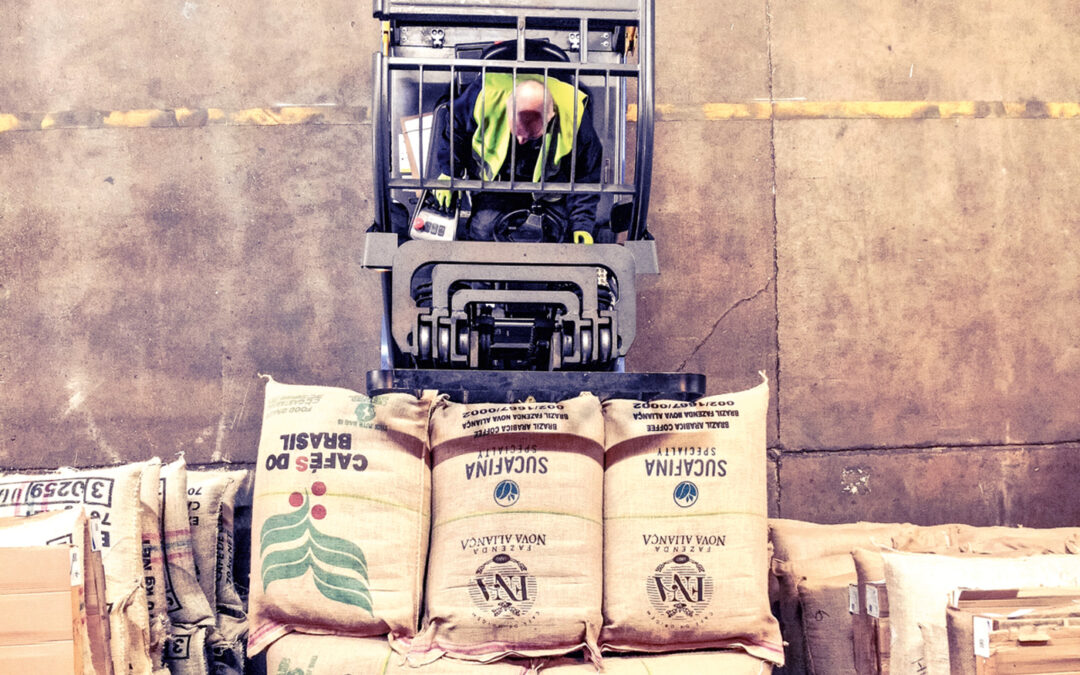
Coffee logistics has been the bread and butter of the long-standing Vollers company in Bremen for more than 90 years. But digital services such as a digital marketplace and, more recently, a global auction platform and its corresponding interfaces have become increasingly important.
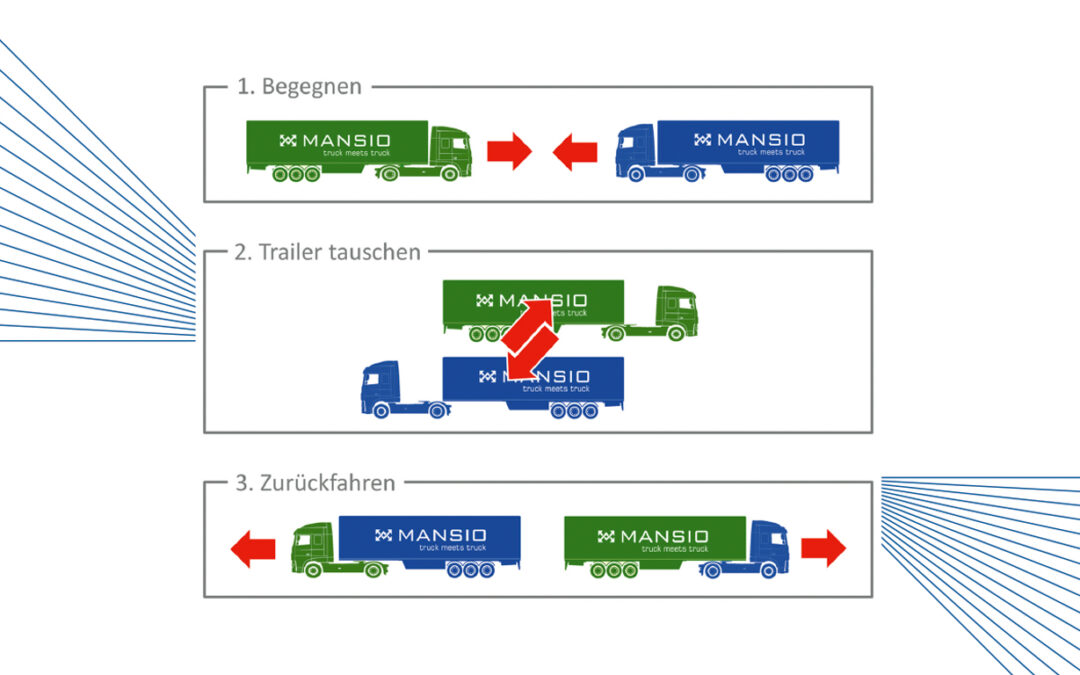
Start-up MANSIO plans to reinvent road transport with the help of AI. Longer transport routes are divided into legs on which regional transport companies operate and work together in a network with relay transports. Semi-trailers are handed over to the next driver at the relay locations. This is intended to solve numerous issues at once.
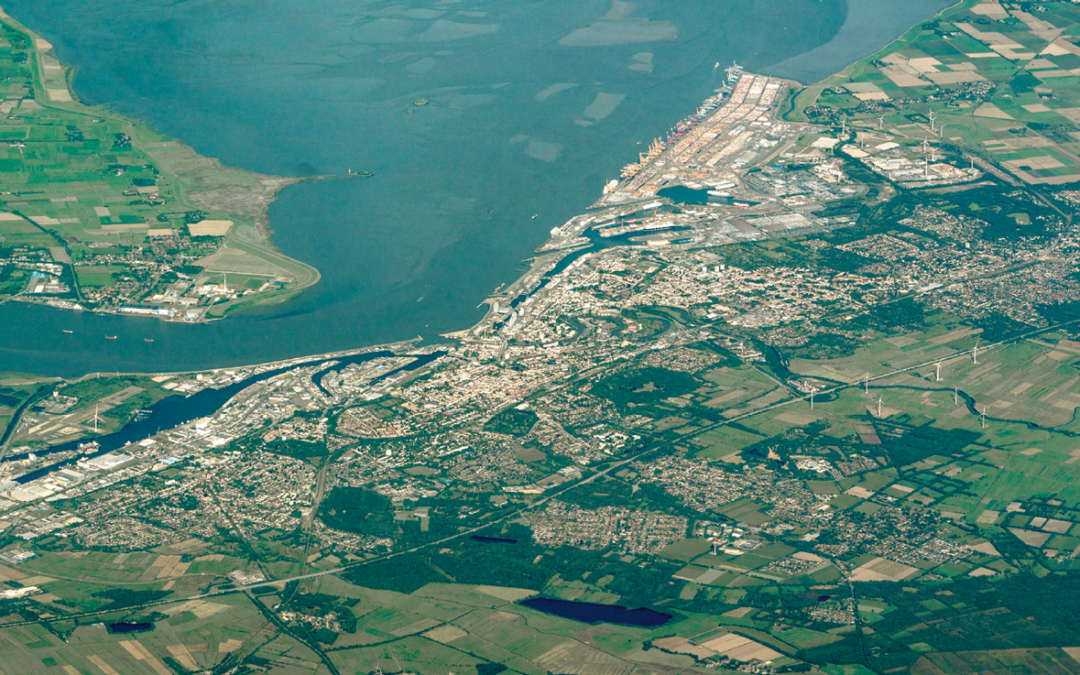
Through the “Digital Weser” project, a shared platform will be developed to improve management of ship calls over the distance of the 35 river kilometres to the North Sea.
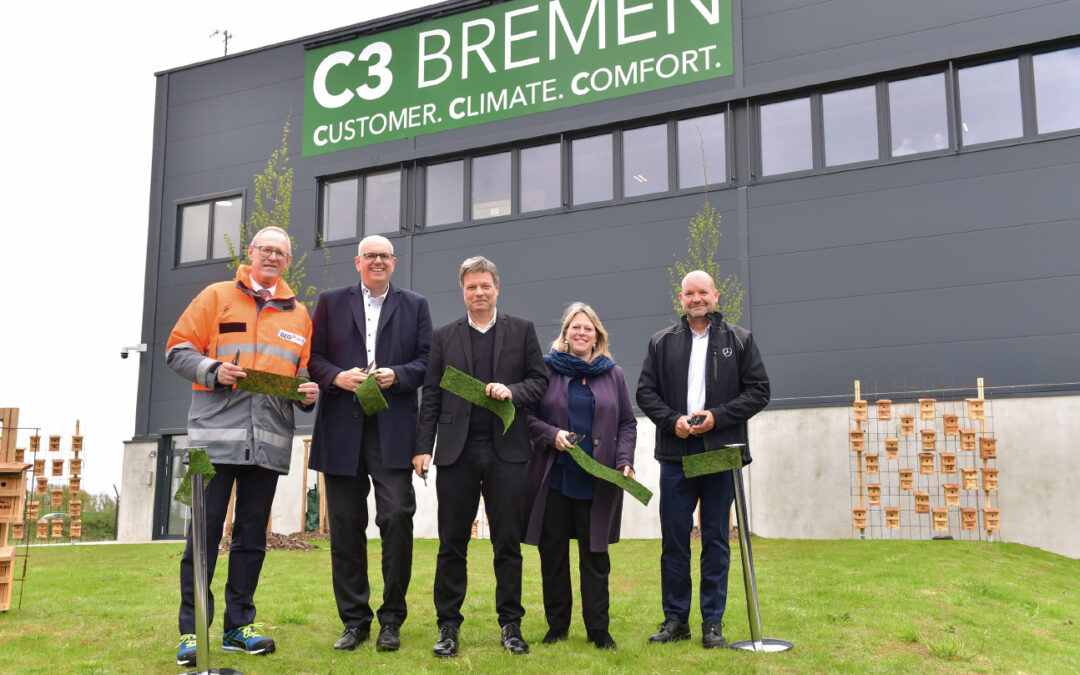
The C3 Bremen is not only a logistics centre, it is also a groundbreaking project that sets high standards in environmental protection and equipment. Consequently, it serves as a blueprint for the future design of logistics properties.

Social media – especially Snapchat, TikTok and Instagram – are a part of everyday life for most young people. Companies can use these to present themselves as an attractive employer to future generations. Based in Stuhr near Bremen, CML Transport und Logistik explains how to go about it and what you need to consider. But according to a recent study, there’s still much room for improvement.
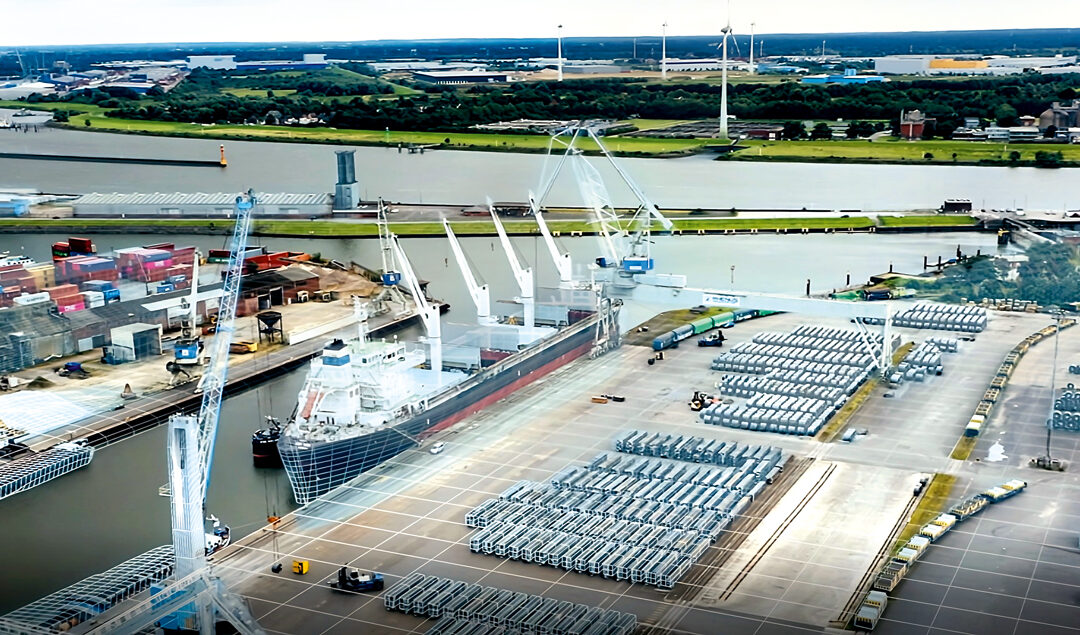
OHB Digital Services, a Bremen-based company, has developed a digital twin which, thanks to satellite data, works best precisely where it is most difficult for other software – in large outdoor spaces – and offers a high degree of flexibility without permanent markings or manual registration of goods and location.
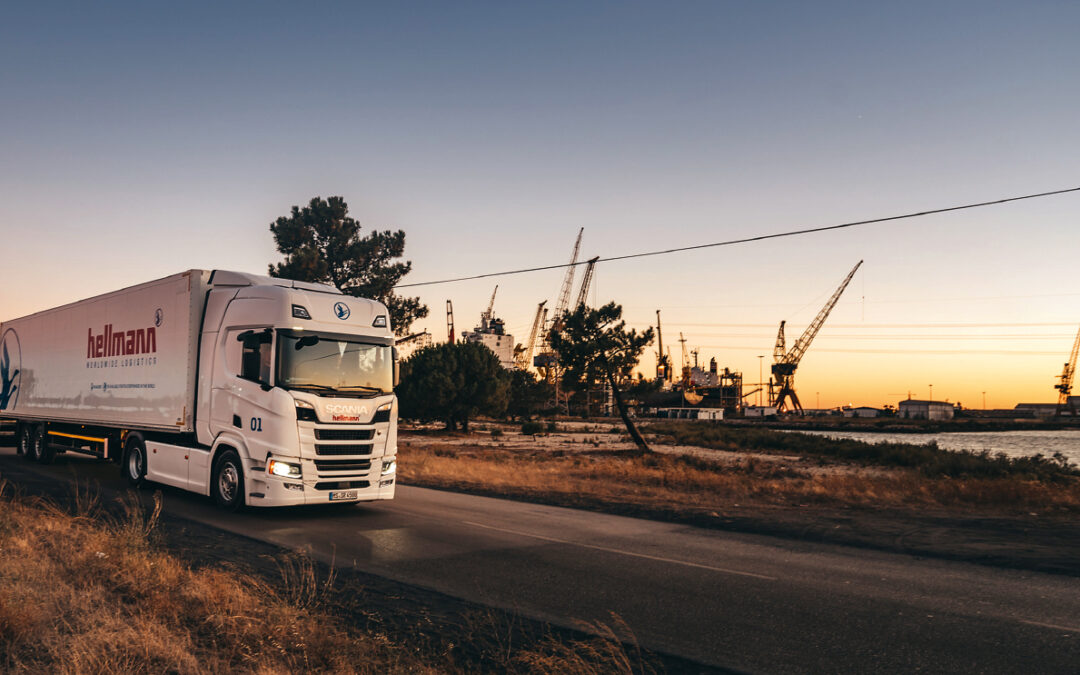
Hellmann Worldwide Logistics adopted the “agile working” mindset just under three years ago – the Osnabrück-based logistics service provider does not see working this way as a short-term strategy.
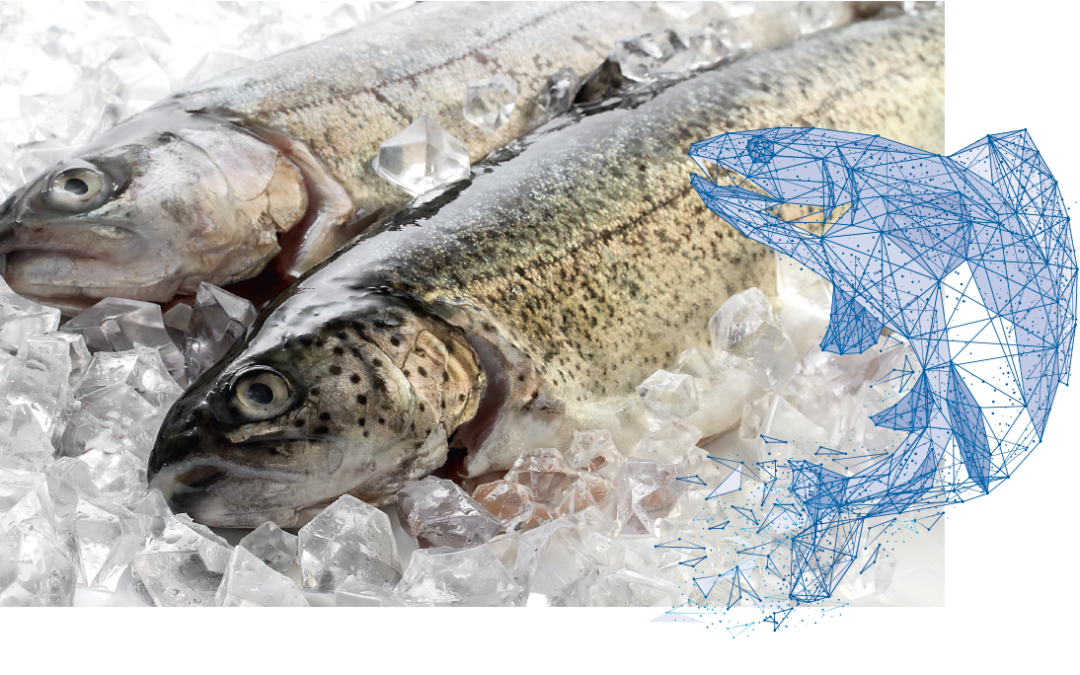
It all started back in 1962 with fish at FRoSTA. At that time, material flow control was done exclusively on paper, and until 1970 the frozen food expert from Bremerhaven even had its own fishing fleet. Nowadays, the company relies on digitalisation in almost every area – without its own vessels, but with visible success.
Where digitalisation is concerned, many people think of seaport terminals, but this has long been becoming more important in the hinterland. The container terminals in Osnabrück (CTOS) and Nuremberg (TriCon) demonstrate how much IT is already in use in inland terminals.
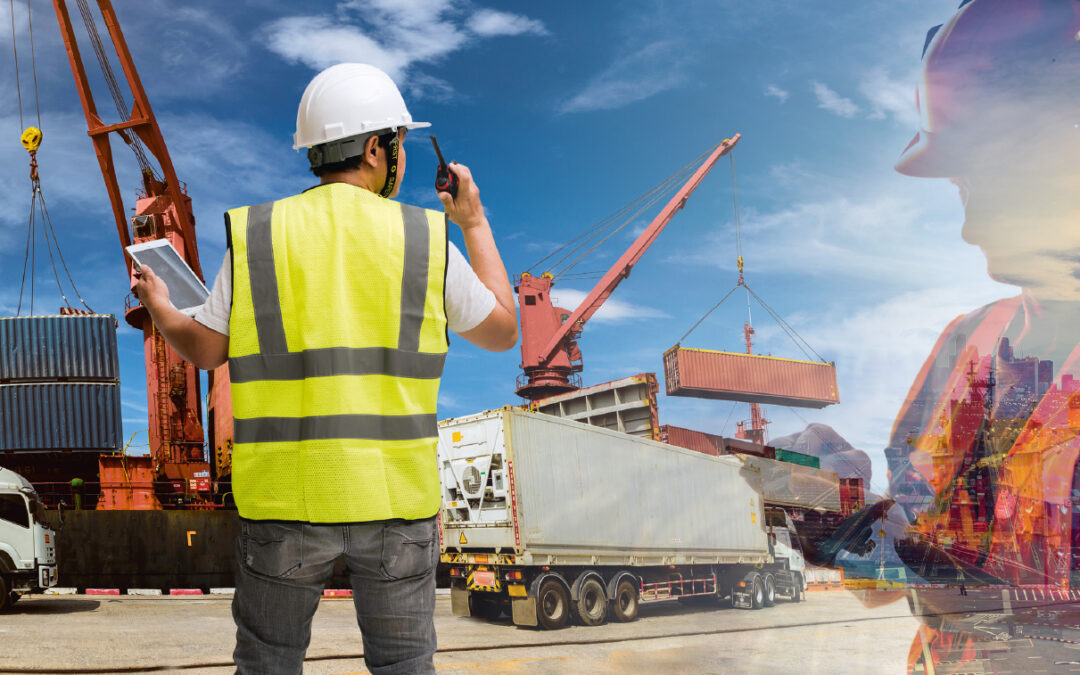
Automation, digitalisation – and then what? The impact of these trends on port employment, the skills required in the future and potential solutions are currently being explored within the IHATEC “Portskill 4.0” research project. One thing is certain: the future is dependent on port workers.
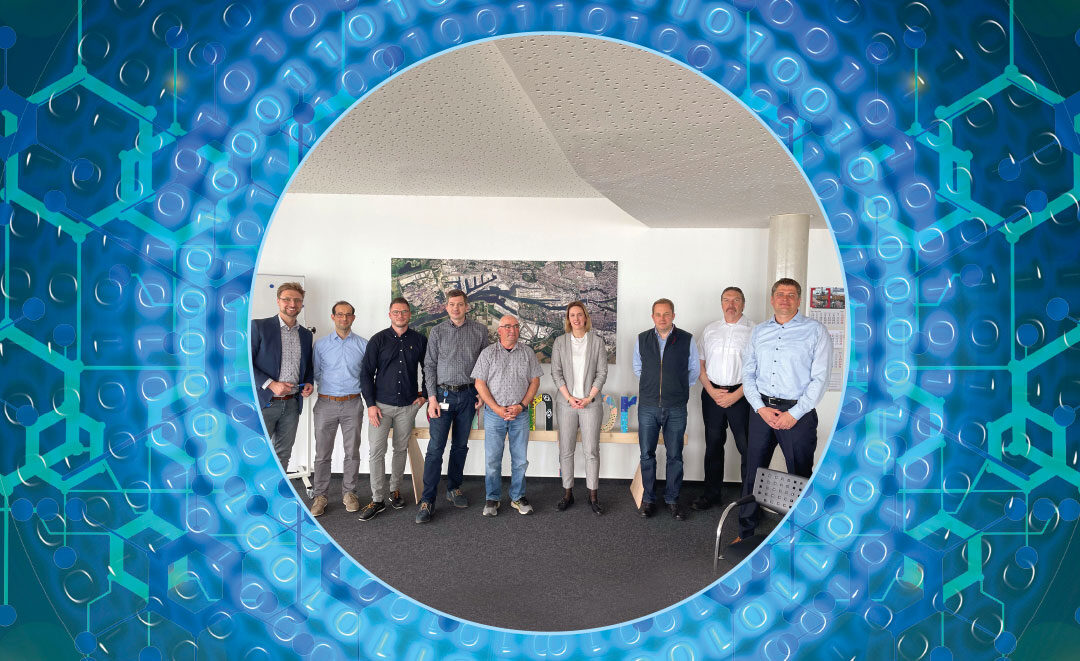
With the Smart Port concept, bremenports not only wants to drive digitalisation in its ports, but also promote networking between stakeholders in order to remain competitive in the long term.
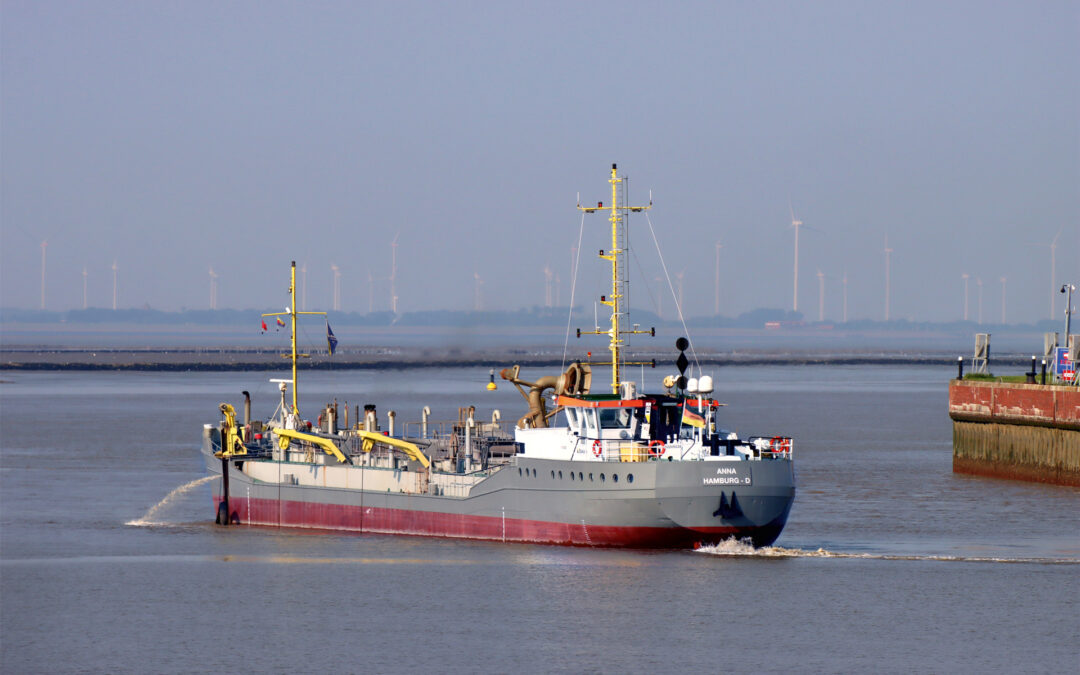
No, AMISIA has nothing to do with amnesia. Rather, the term stands for “Advanced Port Maintenance: Intelligent, Sustainable, Innovative and Automated Dredging”, a new research project to develop a highly automated dredger.
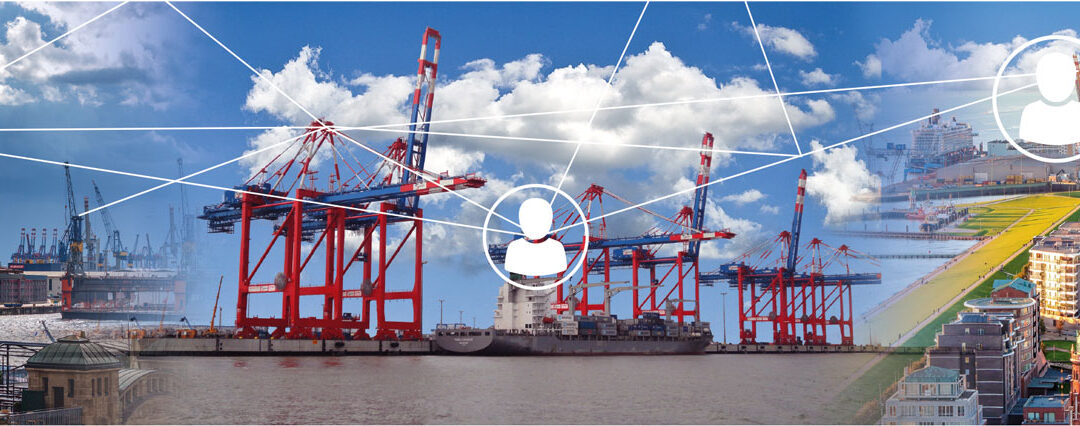
IT service providers dbh Logistics IT and Dakosy have developed a German solution for the digitalised, uniform release process for import containers in Hamburg, Bremerhaven, Bremen and Wilhelmshaven. This could be a blueprint for increased cooperation between the ports.
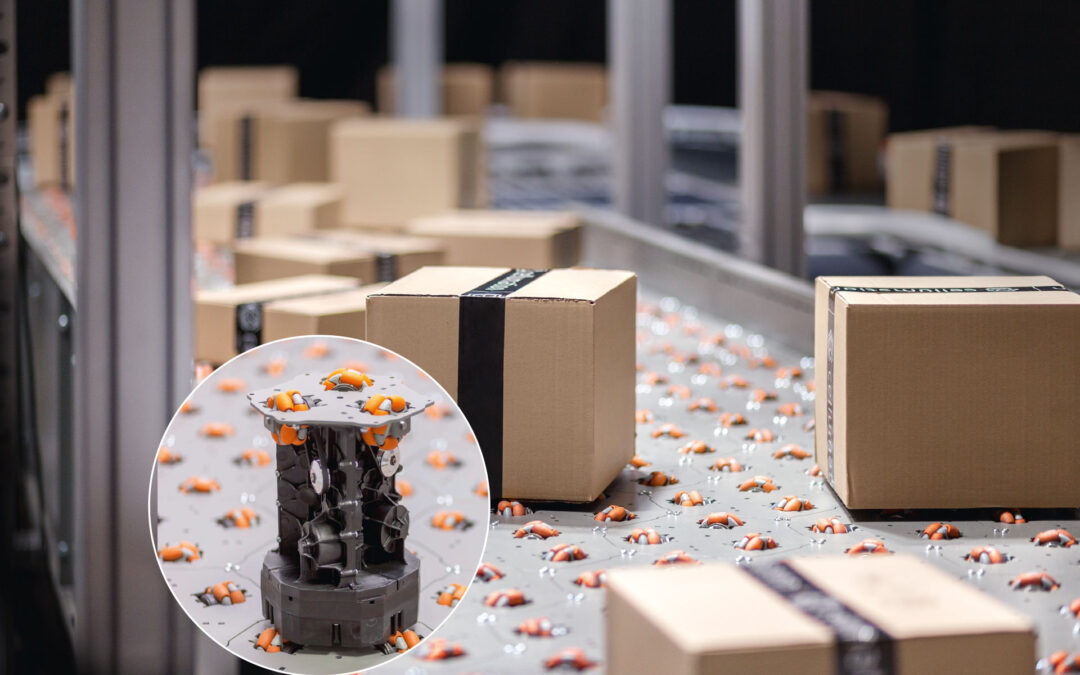
Cellumation’s goal is ambitious … at some point in the future, every package delivered across the globe will have come into contact with one of the high-tech company’s cells by means of smart conveyor technology, an innovation for which the Bremen-based start-up has already won a series of awards and attracted significant investors.

In view of increasing digitisation, protection against cybercrime is becoming more and more important in ports. As part of the joint project “SecProPort”, a comprehensive IT security architecture is currently being developed for this purpose.
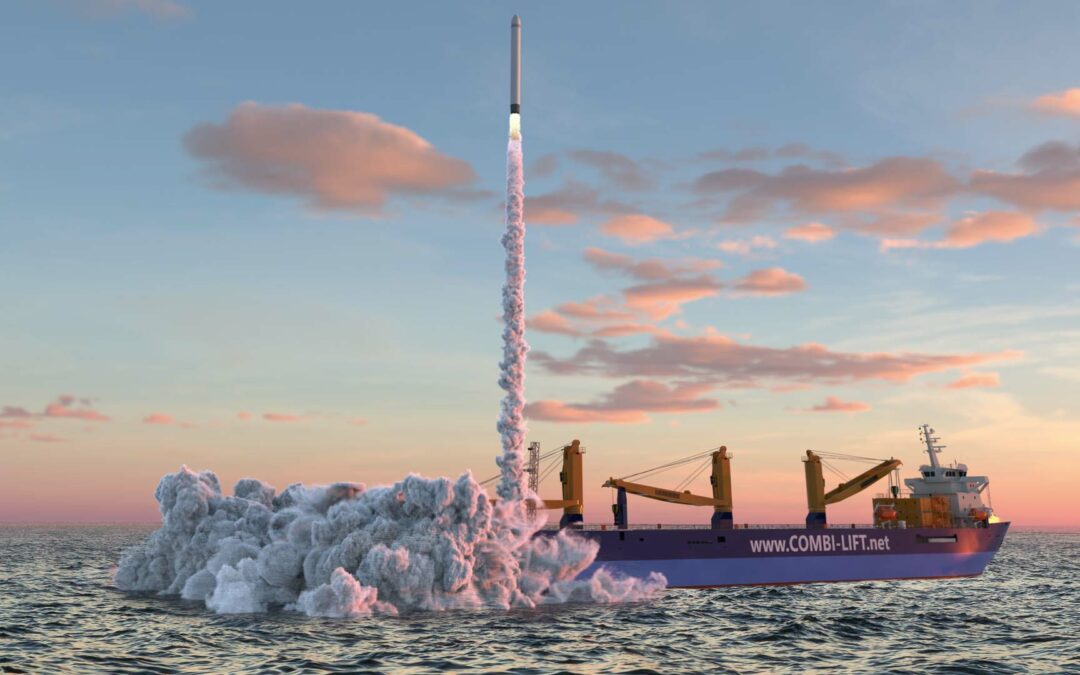
It was on 13 April 1970 that NASA‘s Mission Control Centre was told, „Houston, we have a problem.“ The German Offshore Spaceport Alliance (GOSA), on the other hand, is aiming for everything to go smoothly for its latest project – launching small carrier rockets from a specially designed ship in the North Sea, starting in 2023.
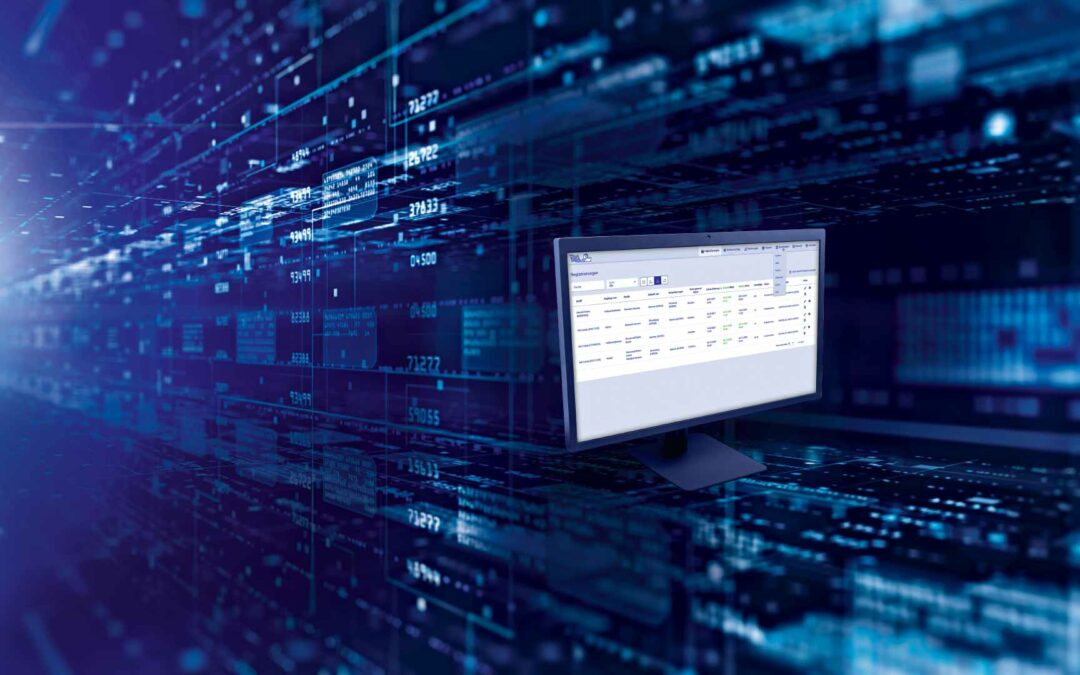
IT companies have not necessarily focused on smaller seaports and inland ports in the past. Some processes can be optimised here through digitisation. The “Hafenmeister” (harbour master) cloud solution developed by IT specialists dbh and Akquinet shows how this works.
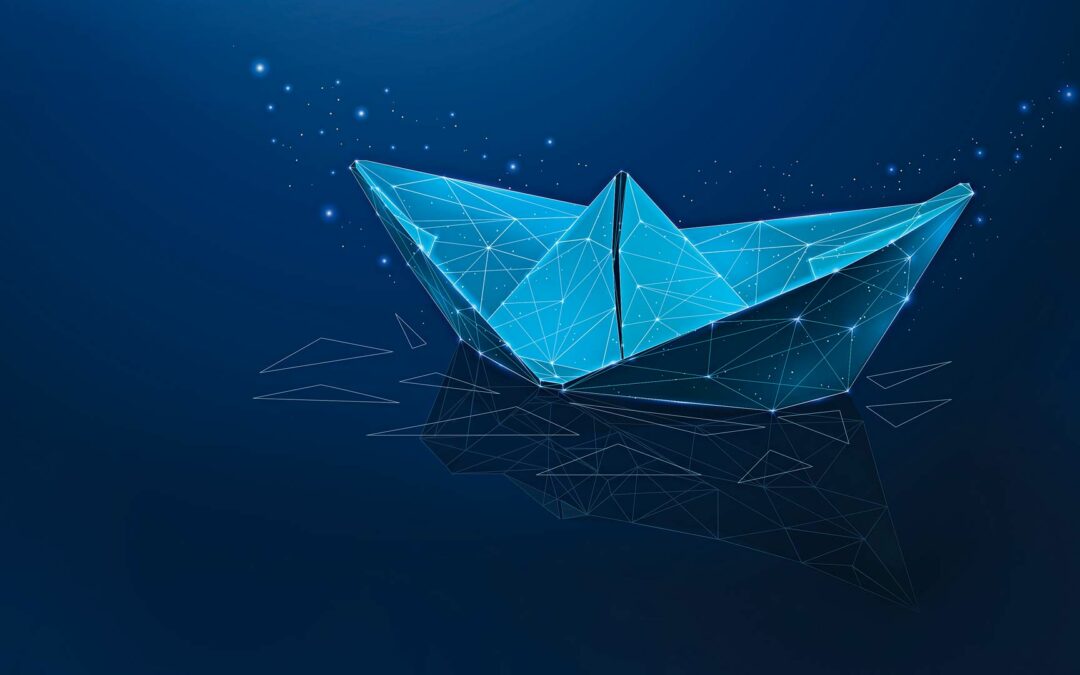
BALTIC STATES. The digitisation of bills of lading has been in the works for years. Thus far, however, the solutions have always had a catch. Two research projects, “eCONBiL” at the Bremerhaven University of Applied Sciences and “HAPTIK” at the University of Oldenburg may change all that now.
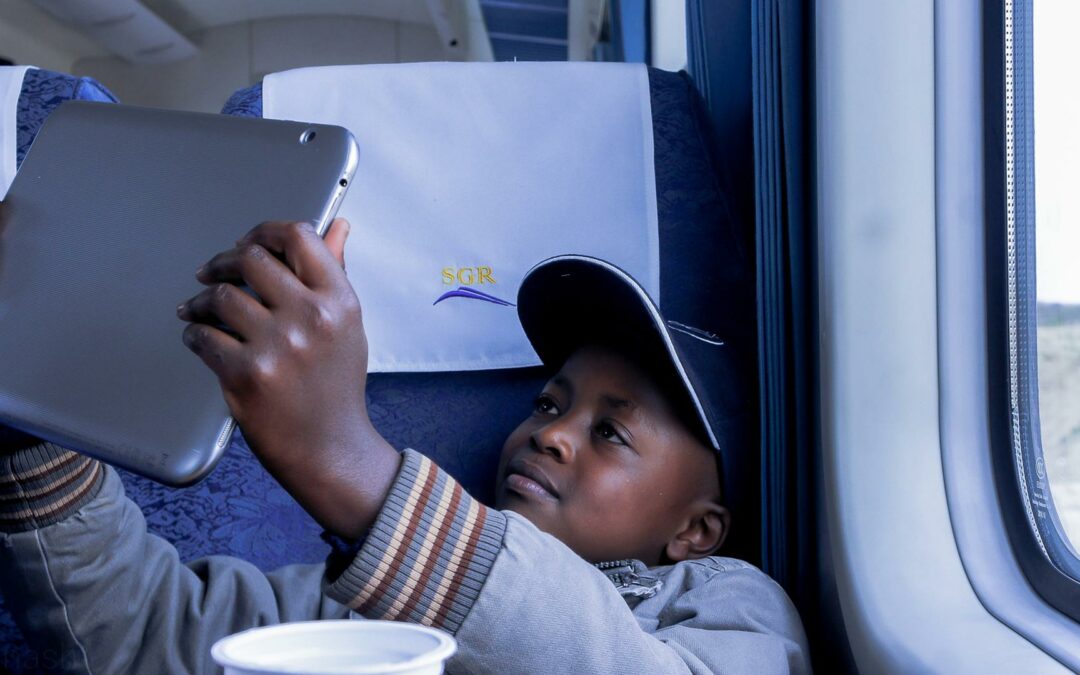
SOUTHERN AFRICA. Digitisation offers great potential for development in Southern Africa. The German Federal Government has also recognised this and intends to make IT solutions an integral part of development cooperation with the “Digital Africa” initiative. In addition, cooperation with the German and European economy is to be strengthened.
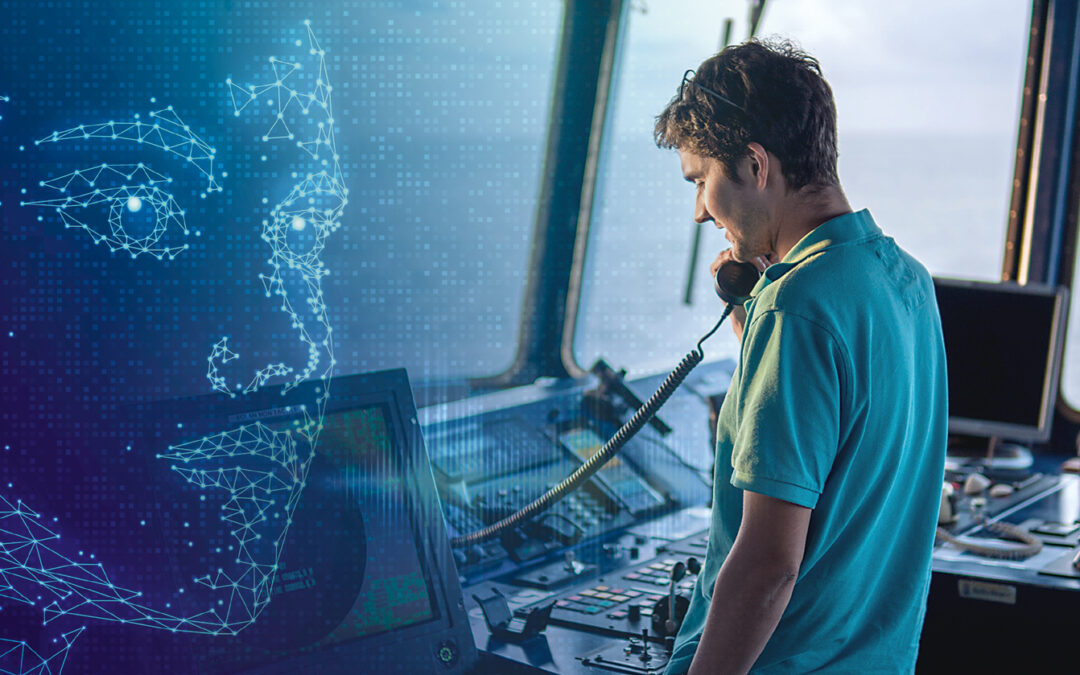
Digital voice assistants such as Siri and Alexa have been around for years, but such technology can also have applications in shipping. The Fraunhofer Centre for Maritime Logistics and Services (CML) has developed the “Mar FM” speech recognition system, which is by far not only applicable in the maritime industry.

With a novel combination of a tracking unit and a communication platform, Jade University aims to make it easier to locate containers lost at sea in future.

Coffee logistics has been the bread and butter of the long-standing Vollers company in Bremen for more than 90 years. But digital services such as a digital marketplace and, more recently, a global auction platform and its corresponding interfaces have become increasingly important.

Start-up MANSIO plans to reinvent road transport with the help of AI. Longer transport routes are divided into legs on which regional transport companies operate and work together in a network with relay transports. Semi-trailers are handed over to the next driver at the relay locations. This is intended to solve numerous issues at once.

Through the “Digital Weser” project, a shared platform will be developed to improve management of ship calls over the distance of the 35 river kilometres to the North Sea.

The C3 Bremen is not only a logistics centre, it is also a groundbreaking project that sets high standards in environmental protection and equipment. Consequently, it serves as a blueprint for the future design of logistics properties.

Social media – especially Snapchat, TikTok and Instagram – are a part of everyday life for most young people. Companies can use these to present themselves as an attractive employer to future generations. Based in Stuhr near Bremen, CML Transport und Logistik explains how to go about it and what you need to consider. But according to a recent study, there’s still much room for improvement.

OHB Digital Services, a Bremen-based company, has developed a digital twin which, thanks to satellite data, works best precisely where it is most difficult for other software – in large outdoor spaces – and offers a high degree of flexibility without permanent markings or manual registration of goods and location.

Hellmann Worldwide Logistics adopted the “agile working” mindset just under three years ago – the Osnabrück-based logistics service provider does not see working this way as a short-term strategy.

It all started back in 1962 with fish at FRoSTA. At that time, material flow control was done exclusively on paper, and until 1970 the frozen food expert from Bremerhaven even had its own fishing fleet. Nowadays, the company relies on digitalisation in almost every area – without its own vessels, but with visible success.
Where digitalisation is concerned, many people think of seaport terminals, but this has long been becoming more important in the hinterland. The container terminals in Osnabrück (CTOS) and Nuremberg (TriCon) demonstrate how much IT is already in use in inland terminals.

Automation, digitalisation – and then what? The impact of these trends on port employment, the skills required in the future and potential solutions are currently being explored within the IHATEC “Portskill 4.0” research project. One thing is certain: the future is dependent on port workers.

With the Smart Port concept, bremenports not only wants to drive digitalisation in its ports, but also promote networking between stakeholders in order to remain competitive in the long term.

No, AMISIA has nothing to do with amnesia. Rather, the term stands for “Advanced Port Maintenance: Intelligent, Sustainable, Innovative and Automated Dredging”, a new research project to develop a highly automated dredger.

IT service providers dbh Logistics IT and Dakosy have developed a German solution for the digitalised, uniform release process for import containers in Hamburg, Bremerhaven, Bremen and Wilhelmshaven. This could be a blueprint for increased cooperation between the ports.

Cellumation’s goal is ambitious … at some point in the future, every package delivered across the globe will have come into contact with one of the high-tech company’s cells by means of smart conveyor technology, an innovation for which the Bremen-based start-up has already won a series of awards and attracted significant investors.

In view of increasing digitisation, protection against cybercrime is becoming more and more important in ports. As part of the joint project “SecProPort”, a comprehensive IT security architecture is currently being developed for this purpose.

It was on 13 April 1970 that NASA‘s Mission Control Centre was told, „Houston, we have a problem.“ The German Offshore Spaceport Alliance (GOSA), on the other hand, is aiming for everything to go smoothly for its latest project – launching small carrier rockets from a specially designed ship in the North Sea, starting in 2023.

IT companies have not necessarily focused on smaller seaports and inland ports in the past. Some processes can be optimised here through digitisation. The “Hafenmeister” (harbour master) cloud solution developed by IT specialists dbh and Akquinet shows how this works.

BALTIC STATES. The digitisation of bills of lading has been in the works for years. Thus far, however, the solutions have always had a catch. Two research projects, “eCONBiL” at the Bremerhaven University of Applied Sciences and “HAPTIK” at the University of Oldenburg may change all that now.

SOUTHERN AFRICA. Digitisation offers great potential for development in Southern Africa. The German Federal Government has also recognised this and intends to make IT solutions an integral part of development cooperation with the “Digital Africa” initiative. In addition, cooperation with the German and European economy is to be strengthened.